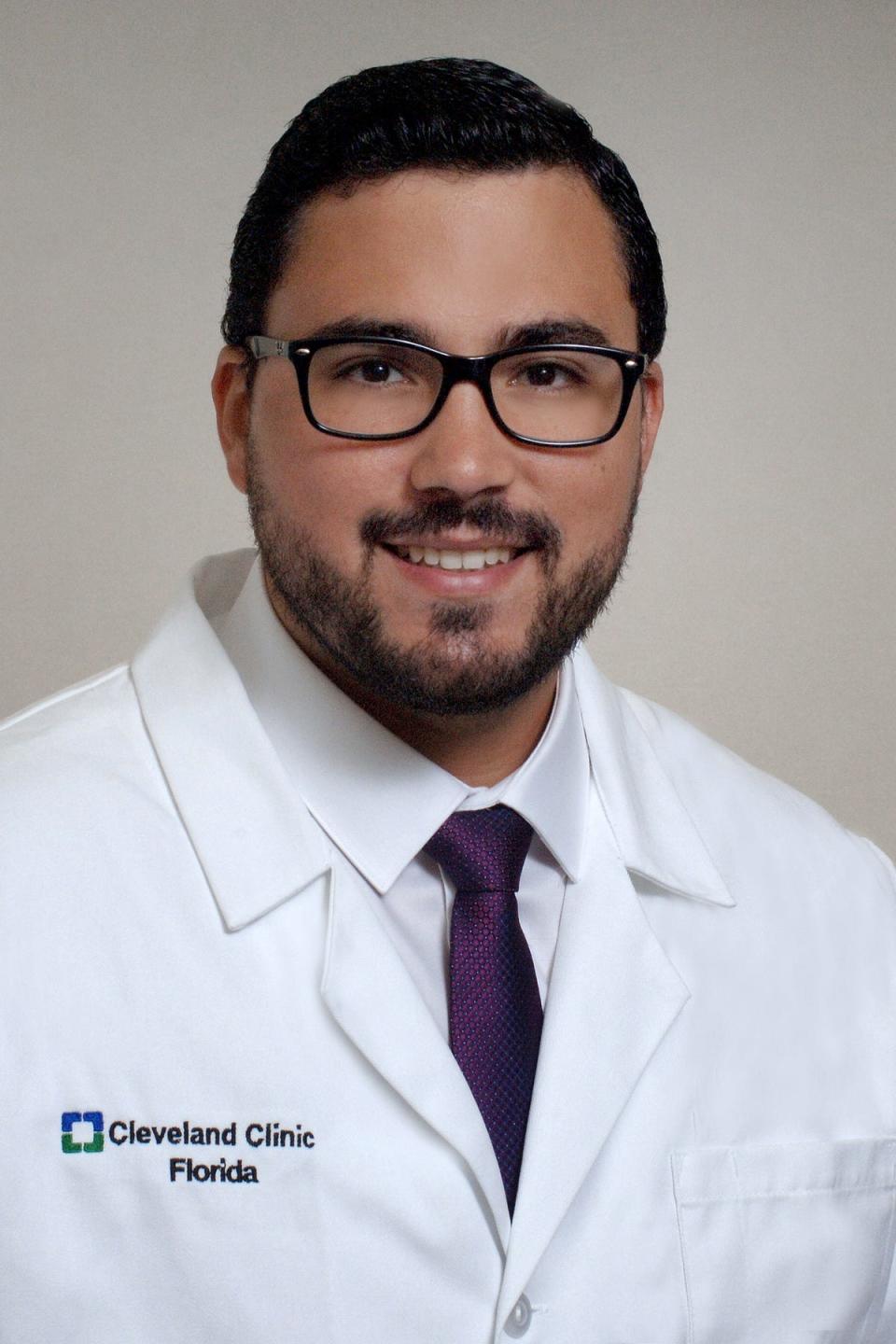What to know about the painful disease that felled Bruce Springsteen
- Oops!Something went wrong.Please try again later.
Fans of Bruce Springsteen — rejoice!
Last month the legendary rocker — who was forced to cancel his 2023 concert tour during the summer because he was suffering from peptic ulcer disease — announced new 2024 concert tour dates.
The 74-year-old Springsteen and the E Street Band will resume playing live shows next spring, with the first one scheduled for Phoenix on March 19.
Fans also got to hear directly from Springsteen when he spoke last month publicly for the first time about how the condition has affected him.
While appearing on an episode of his SiriusXM E Street Radio show “From My Home to Yours” on Oct. 9, he introduced himself as “your favorite rock star with a bitch of a bellyache!” He didn’t go into details about his specific symptoms, and though he tried to make light of them, he did admit he was still in significant pain.
Bruce Springsteen's epic PBC road trip: A ‘Thunder Road’ trip — a bar and the big lake
“Let me take a moment and thank my fans affected by our postponed shows for their understanding,” he said. “I am deeply sorry but this belly thing, despite my ability to laugh at it, has been a monster and is still unfortunately rocking my internal world.”
With Springsteen returning to the stage in March, he still has plenty of time to fully recover from this bout with peptic ulcer disease — and it gives us a chance to explore the condition.
More Healthy Matters: Veteran TV reporter's book details lifetime of panic attacks — including on camera
Understanding peptic ulcer disease

Peptic ulcer disease is the formation of sores or ulcers in the lining of the stomach or first part of the small intestine. Many cases of the disease develop because a bacterial infection eats away the protective lining of the digestive system.
Approximately four million people have active peptic ulcers and about 350,000 new cases are diagnosed each year, according to the National Institutes of Health.
Symptoms of peptic ulcer disease include gnawing or burning pain in the middle or upper part of the stomach in between meals or at night, in addition to bloating, heartburn, nausea and vomiting. In severe cases, patients may also experience dark or black stool, due to bleeding, and weight loss.
While the causes of peptic ulcer disease vary, the most common one is the presence of Helicobacter pylori. This bacteria infects the stomach and sticks to the mucus-covered digestive tract, causing irritation and leading to the breakdown of the protective mucus layer. This ultimately leaves the stomach lining vulnerable to the harsh gastric acids that are produced and eat away at the tissue.
Local entertainment: 55 fun must-try things to do in Palm Beach County
Other potential causes of peptic ulcer disease include the ingestion of prescription nonsteroidal anti-inflammatory drugs (NSAIDs), as well as common over-the-counter pain relievers such as aspirin, ibuprofen and naproxen sodium. These medications, especially when overused, have the potential to tear down the protective mucus layer that lines the stomach.
Diagnosing the disease that sidelined Bruce Springsteen
Cleveland Clinic Weston gastroenterologist Dr. Adalberto Gonzalez says “many health-care providers may be able to make a peptic ulcer diagnosis just by understanding the symptoms of their patients. If a patient develops an ulcer and is not taking non-steroidal anti-inflammatory drugs, the likely cause is an H. pylori infection.”

When patients are suffering severe symptoms and doctors want to confirm their diagnosis, they usually do so in one of three ways, says Gonzalez: 1) endoscopy; 2) Helicobacter pylori test; 3) imaging tests such as X-rays and CT scans.
“With an endoscopic procedure, we insert a small, lighted tube with a tiny camera through the patient’s mouth, down the throat and into the stomach to check for ulcers,” explains Gonzalez. “To determine if a patient has H. pylori, we utilize a breath test. The patient breathes into a balloon-like bag where we then look for the presence of bacteria. And with any imaging tests the patient drinks a specific liquid that coats the digestive tract, making ulcers more visible.”
Treating peptic ulcers
While many ulcers can heal on their own, for more severe cases current treatment protocols may include:
Proton pump inhibitors (PPI): These are drugs that help to reduce acid, allowing the ulcer to heal. Examples of these medications include pantoprazole, omeprazole and esomeprazole.
Histamine receptor blockers (H2 blockers): These medications also help to reduce acid production and examples of them include famotidine and ranitidine.
Antibiotics: When the condition is caused by H. pylori, antibiotics help kill bacteria.
Surface protective medications: Doctors will prescribe these medications to help cover the ulcer in a protective layer to prevent further damage from digestive acids and enzymes. These medications tend to reduce symptoms but are not as effective in healing ulcers.
Gonzalez cautions that “in some severe cases, the peptic ulcer may bleed, resulting in black or bright red stool. This should prompt you to seek urgent medical care.”
If an ulcer is bleeding, Gonzalez explains that doctors might treat it endoscopically by injecting medications into it, or by opting to clamp or cauterize the ulcer to stop the bleeding.
To reduce your risk for developing peptic ulcer disease, Gonzalez recommends “maintaining a healthy lifestyle by implementing a balanced diet rich in fruits, vegetables and whole grains. If you’re a smoker, quit immediately. You should also avoid taking NSAIDs unless absolutely necessary and either reduce or wholly eliminate your alcohol intake.”
No doubt, the rock ’n’ roll icon affectionately known as The Boss is doing some or all of the above as he prepares to resume touring next March.
This article originally appeared on Palm Beach Post: Bruce Springsteen returns to tour in 2024 after peptic ulcer disease

